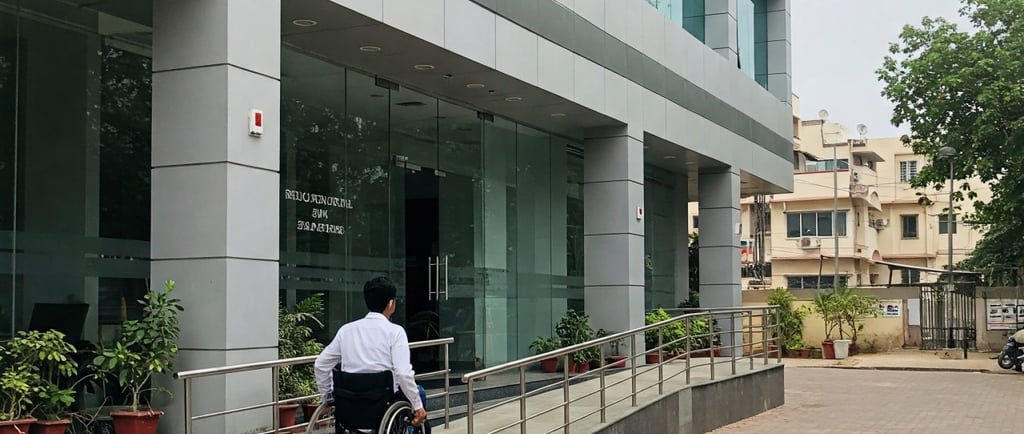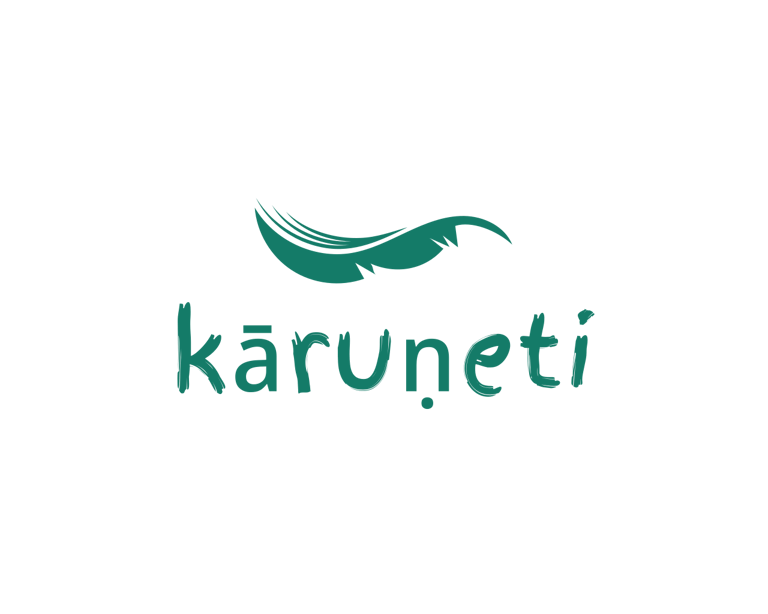Diversity Hired, But Included?
Sympathy doesn’t change systems—empathy does. In this column, Shruti Pushkarna challenges performative diversity and makes a sharp business case for hiring persons with disabilities as a strategic, not sentimental, choice.
4/15/20252 min read


From Sympathy to Empathy: Why Opportunities Matter More Than Pity
By Shruti Pushkarna
Sympathy is easy. It costs nothing to say, “Oh, that’s so sad,” before moving on with life, unchanged and unbothered. Empathy, on the other hand, demands action. It compels us to level the playing field, to create pathways for inclusion, and to recognise the value that diverse abilities bring to the table.
For Persons with Disabilities (PwDs), the workplace is often a battleground where stereotypes, misconceptions, and systemic barriers dictate their worth. Companies that hire them as a “gesture of goodwill” are missing the point entirely. Hiring should never be about ticking diversity boxes; it should be about acknowledging skill, potential, and contribution.
The DEI Reckoning: From Tokenism to True Inclusion
In an increasingly DEI-less world, conversations around workplace inclusion are losing steam. Companies that once made grand statements about diversity are now scaling back, citing economic pressures and shifting political landscapes. But what they fail to understand is that inclusion is not charity—it is strategy.
Organisations that integrate PwDs meaningfully do not just comply with regulations; they innovate, expand perspectives, and enrich their corporate culture. Yet, many businesses continue to operate under the outdated notion that hiring persons with disabilities is an act of kindness rather than a business imperative.
Beyond moral responsibility, inclusion is a competitive advantage. Companies that resist making their workplaces more diverse and accessible are setting themselves up for obsolescence. The next generation of employees and consumers actively demand representation and inclusivity. As the talent pool evolves, businesses that do not prioritise disability inclusion risk losing out on skilled professionals who can drive innovation. True inclusion means embedding accessibility into corporate DNA—not as an afterthought, but as a guiding principle.
The Business Case for Hiring Persons with Disabilities
Data consistently proves that diverse workforces perform better. According to a report by Accenture, companies that actively embrace disability inclusion see 28% higher revenue, double the net income, and 30% higher economic profit margins compared to their peers. Additionally, a study by the Return on Disability Group found that businesses that focus on disability inclusion see a 90% increase in employee retention rates and a 72% boost in productivity. Employees with disabilities bring unique problem-solving skills, resilience, and adaptability—qualities that are invaluable in today’s unpredictable business environment.
Building Meaningful Engagement Beyond Performative Acts
Companies that are serious about disability inclusion need to go beyond hiring to check a box. Meaningful engagement means:
Redesigning Workspaces for Accessibility – Physical and digital accessibility is non-negotiable. A ramp at the entrance is not enough; accessible technology, ergonomic accommodations, and inclusive meeting formats are critical.
Reframing Hiring Practices – Job descriptions should focus on skill and output rather than rigid, exclusionary criteria that overlook candidates with disabilities. Hiring managers must be trained to assess ability, not disability.
Creating Growth Pathways – Inclusion doesn’t stop at hiring. Promotions, leadership opportunities, and mentorship programs must be accessible to everyone, including employees with disabilities.
Holding Leadership Accountable – DEI efforts cannot be driven solely by HR departments. Leadership must take responsibility for fostering an inclusive culture and integrating disability inclusion into business strategies.
Beyond Pity: The Future of Workplace Inclusion
The real measure of progress will not be in how many PwDs are hired but in how many are empowered to thrive, innovate, and lead. Companies must shift from a mindset of sympathy to one of empathy—where persons with disabilities are seen as assets, not obligations.
The future belongs to organisations that recognise that opportunity, not pity, is the cornerstone of real inclusion. Corporate leaders, HR professionals, and decision-makers must ask themselves: Are we hiring for optics, or are we creating real opportunities? The shift from sympathy to empathy starts with intentional action.

Let’s Build Something Inclusive.
info@karuneti.com
© 2025. All rights reserved.
Whether you’re rethinking communication, leadership, or workplace culture, Karuneti helps you design with inclusion at the core.
